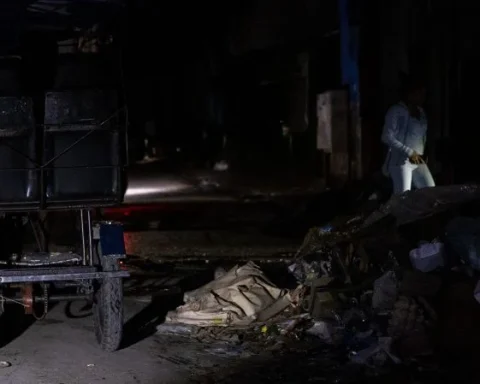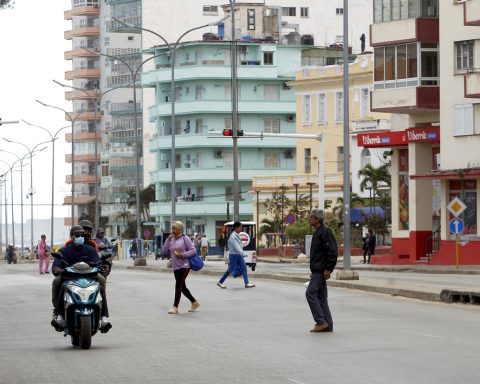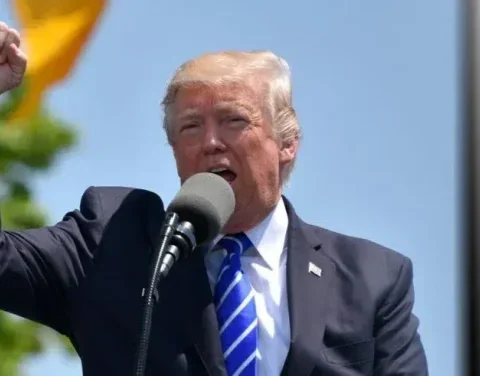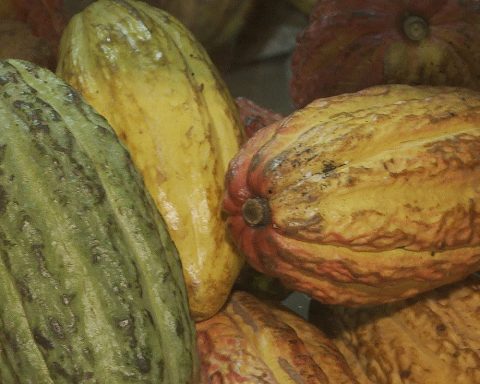MIAMI, United States. – The Inter-American Press Association (SIP) on Wednesday condemned the Cuban regime for its “ruse to legalize censorship”, after the approval of the Social Communication Law which reinforces the repression of freedom of the press and restriction of the freedom of expression of citizens.
Michael Greenspon, new IAPA president and global head of Print Licensing and Innovation at The New York Timesdenounced the tightening of restrictions on the media and journalists on the island. “It is clear that the regime is increasing new forms of censorship against the media and journalists through administrative and legal restrictions to defuse social discontent,” Greenspon declared, according to the note published on the IAPA website.
“In its more than six decades of existence, the Cuban dictatorship has specialized in restricting freedoms and violating human rights,” he added.
The Social Communication Law, approved on May 26 by the National Assembly of People’s Power, further strengthens the government’s power over its propaganda media, presented to the world as “media.”
This Wednesday, Greenspon recalled that the island’s regime has unleashed moments of severe repression against press freedom in recent years, imprisoning dissidents and journalists and blocking internet services and social networks in response to social protests.
“Now, after expelling several journalists from the country and restricting media outlets and journalists, the regime legalizes censorship with a new law that allows it, at its ease, to end criticism of independent journalism and the opinions of its citizens in internet,” Greenspon said.
Carlos Jornet, president of the IAPA’s Committee on Freedom of the Press and Information, also denounced the new law as a tool that legitimizes the State to continue censoring, persecuting, and silencing voices.
According to Jornet, “the Cuban regime continually violates inter-American standards favorable to freedom of the press and expression, such as the elimination of the compulsory registration of journalists, the decriminalization of defamation crimes, the elimination of the crime of contempt to allow open criticism of the authorities, and the creation of laws on access to public information and transparency, to facilitate the control of governments by journalists and the general public”.
The IAPA, a non-profit organization that defends freedom of the press and expression in the Americas, has kept Cuba in last place in the Chapultepec Indexa barometer that measures institutional actions that affect freedom of the press and expression in 22 countries of the Americas.












